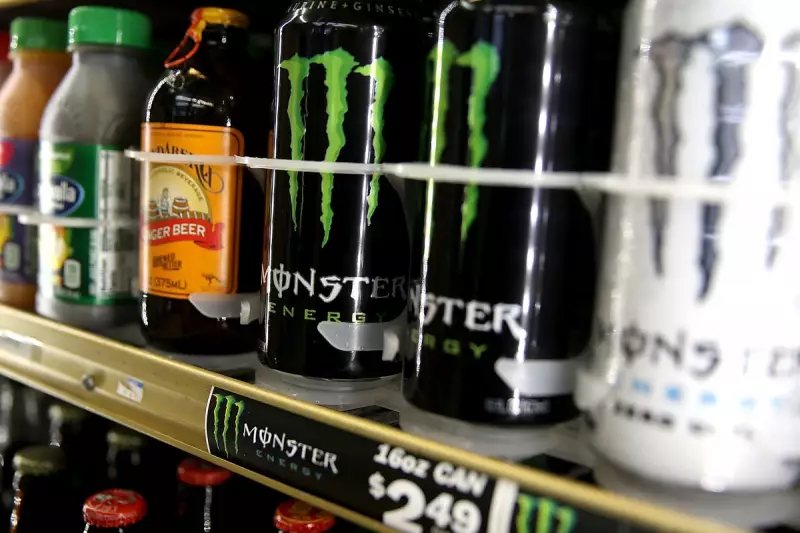
Popular energy drinks, including certain Red Bull products and Monster Energy, could be pulled from UK shelves as health officials launch a major crackdown on dangerously high caffeine levels.
The Food Standards Agency (FSA) is conducting a sweeping review that may lead to an outright ban on beverages exceeding a proposed caffeine threshold. This move directly targets products that have become ubiquitous in supermarkets, newsagents, and vending machines across the country.
Protecting the Young and Vulnerable
At the heart of the proposed ban is a growing concern for the health of children and adolescents. Public health experts have raised alarms over the easy availability of these highly caffeinated drinks, linking them to a host of issues including:
- Anxiety and heart palpitations in young consumers
- Disrupted sleep patterns and insomnia
- Potential impacts on developing neurological systems
- Increased reports of emergency room visits
"We are particularly worried about the cumulative effect on young people," stated a representative from the FSA. "These drinks are often marketed in a way that appeals directly to a younger demographic, with little emphasis on the potential health risks."
What's on the Chopping Block?
The review is scrutinising any drink that surpasses a specific caffeine concentration per litre. This would notably include the entire Monster Energy range and specific high-stimulant Red Bull variants, such as the 'Red Bull Energy Shot'.
This potential regulatory shift represents one of the most significant interventions in the UK's food and drink industry in recent years, aiming to align the nation with other countries that have already implemented strict controls on stimulant beverages.
Industry Response and Next Steps
While the FSA's review is ongoing, its findings could prompt swift legislative action. The energy drink industry is expected to mount a significant opposition, arguing for consumer choice and pointing to existing voluntary labelling schemes.
For now, consumers, parents, and retailers are advised to stay informed as public consultations on the matter are likely to follow. The outcome could reshape the landscape of what is legally sold to consumers in the UK, prioritising long-term public health over commercial interests.





